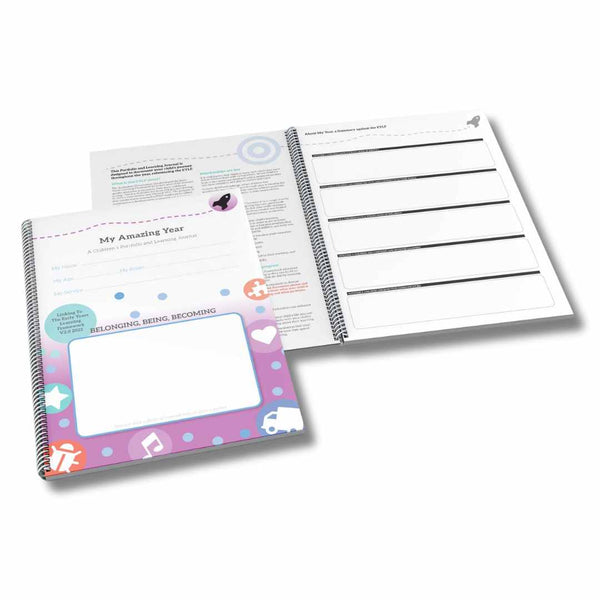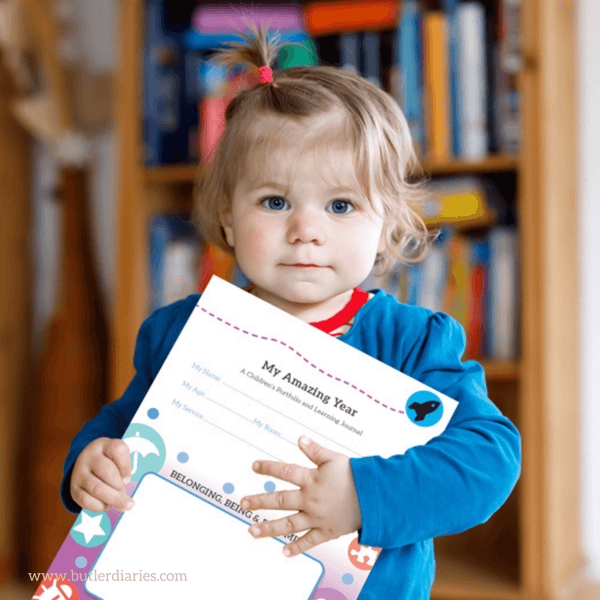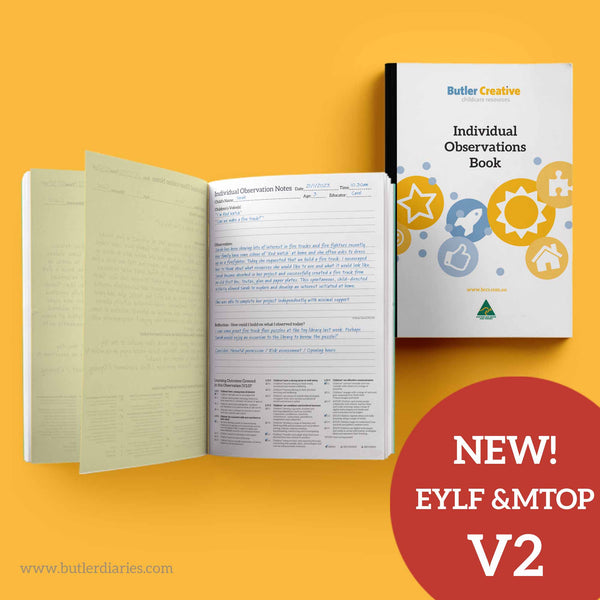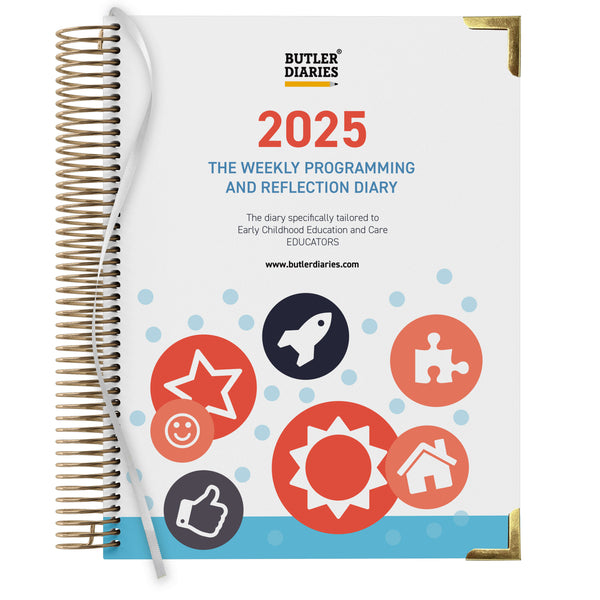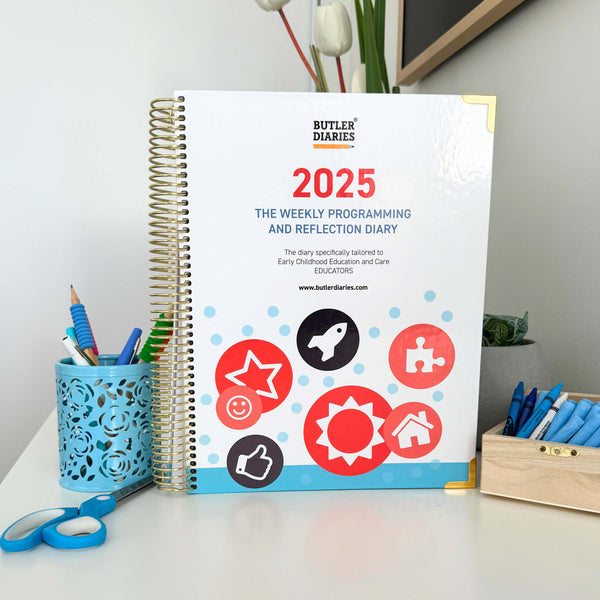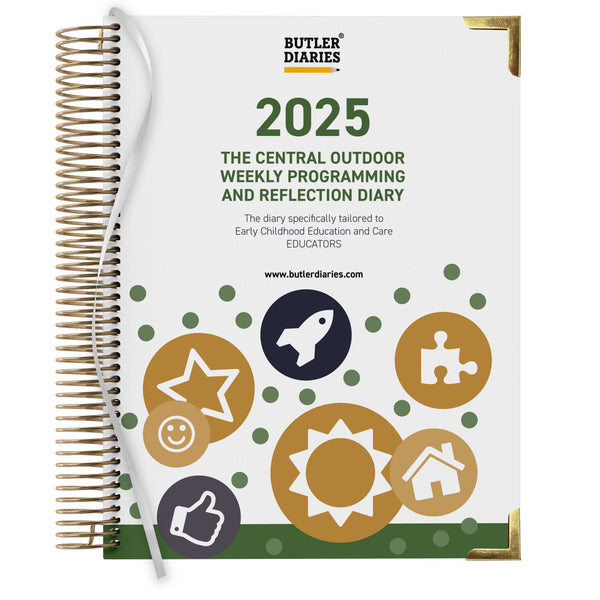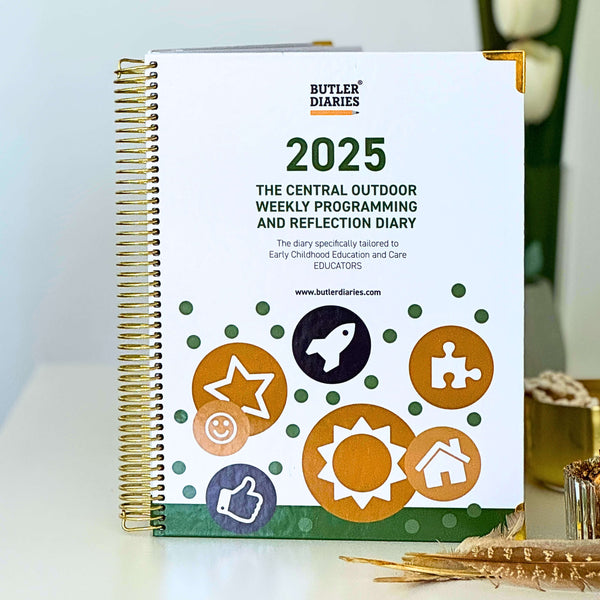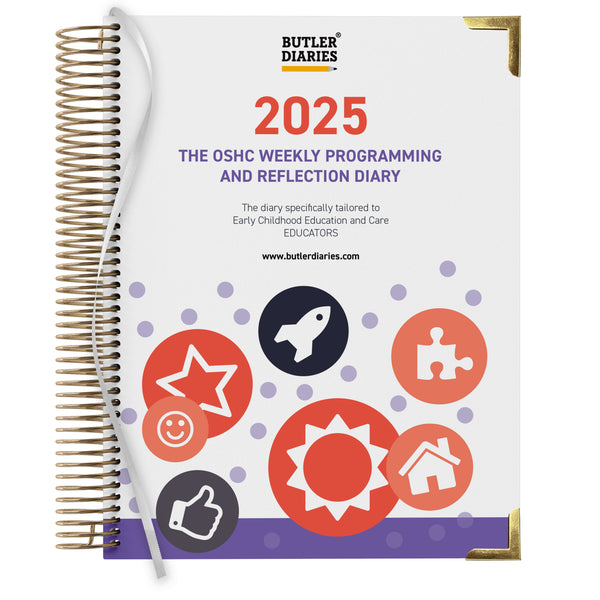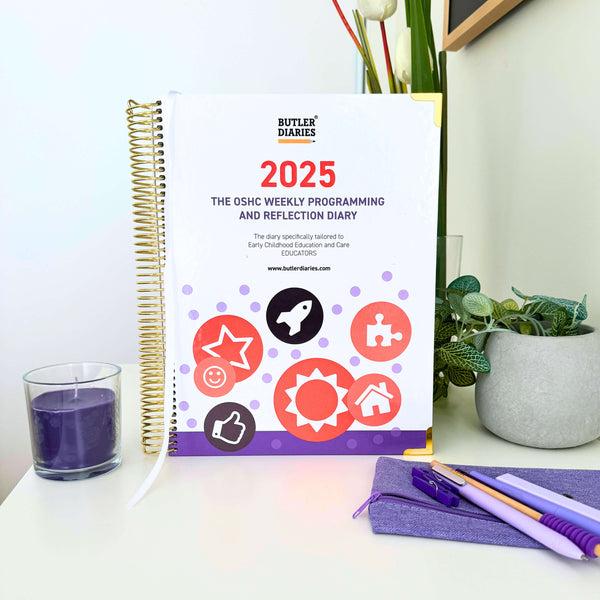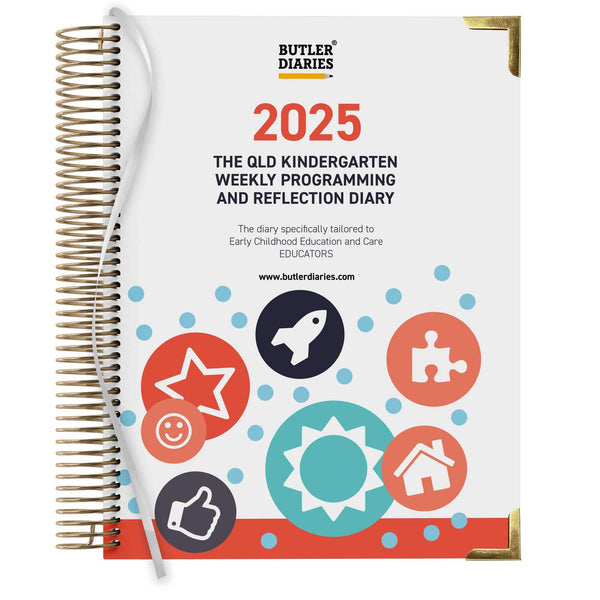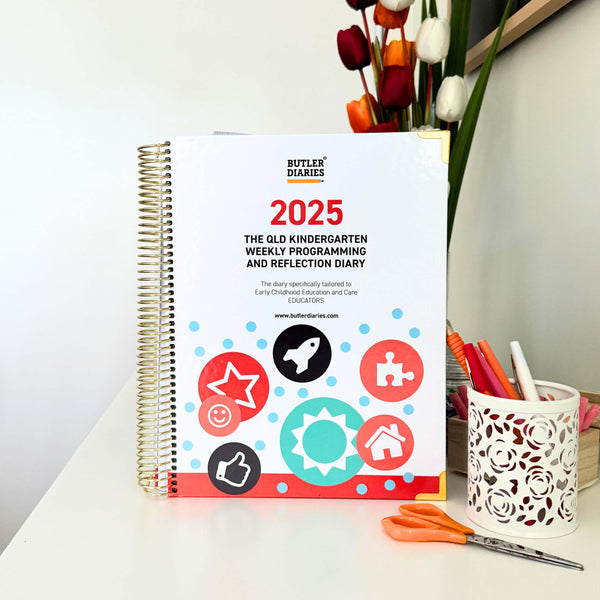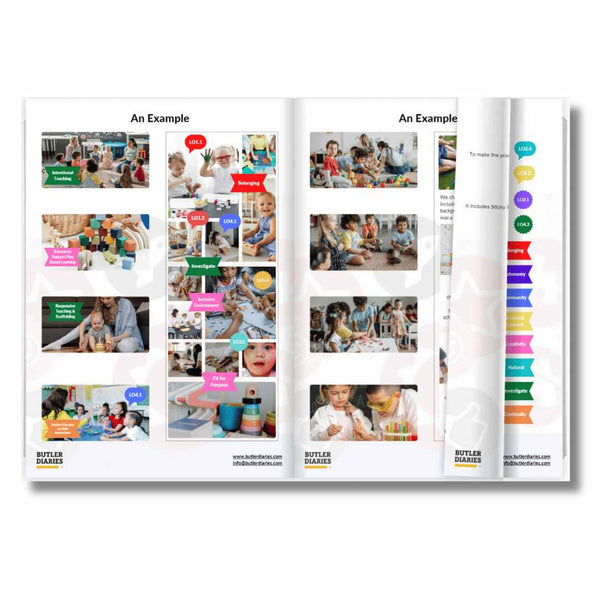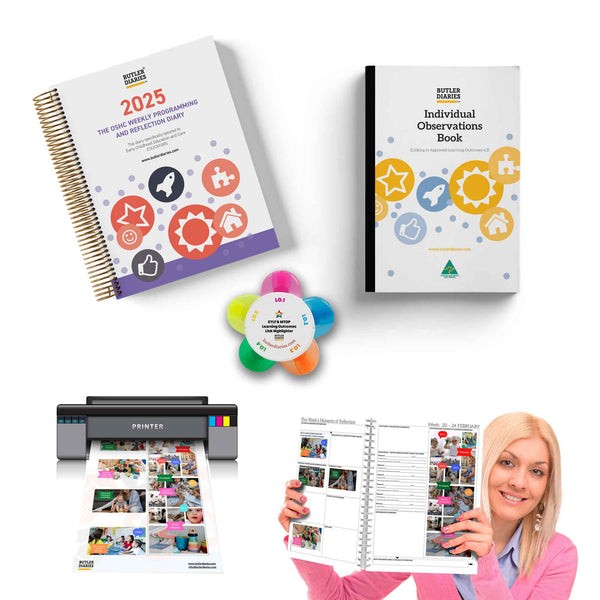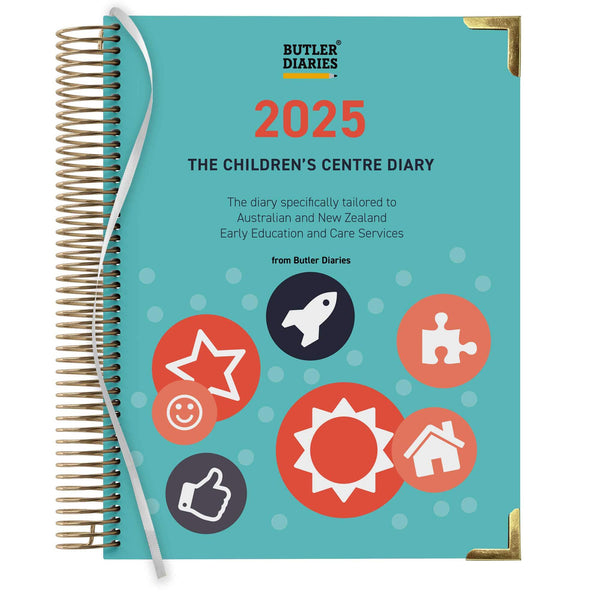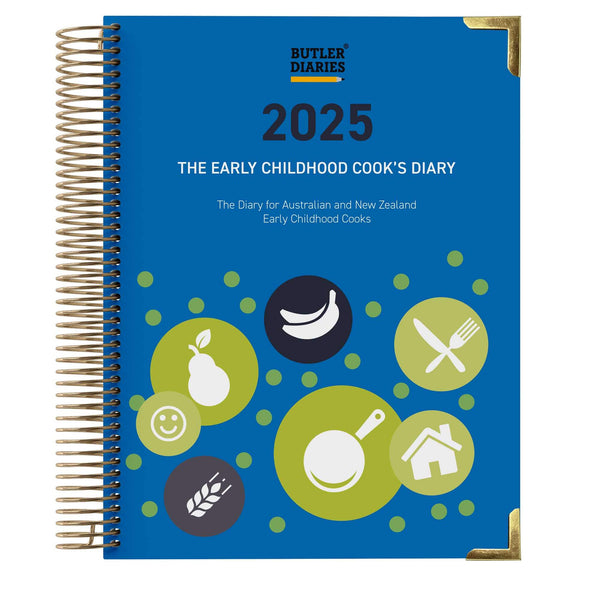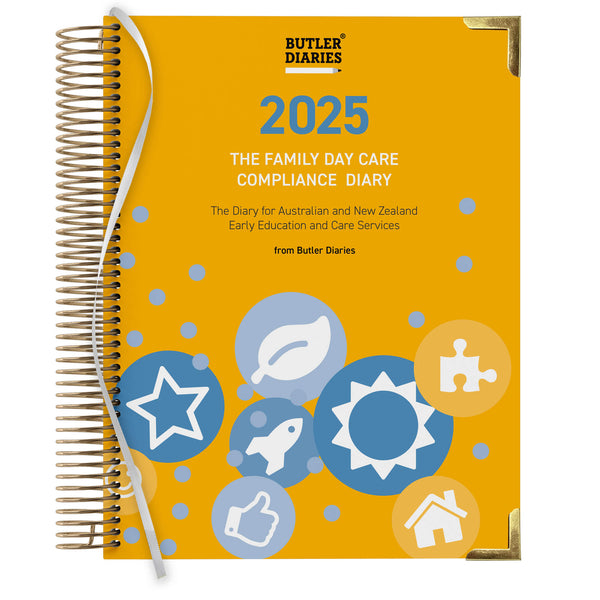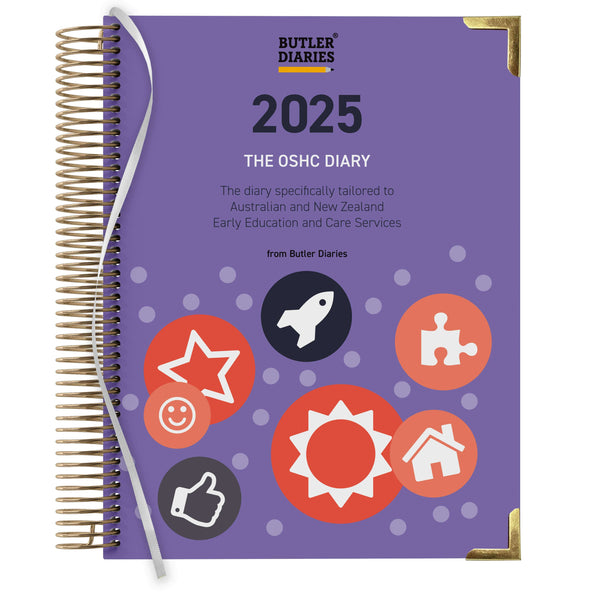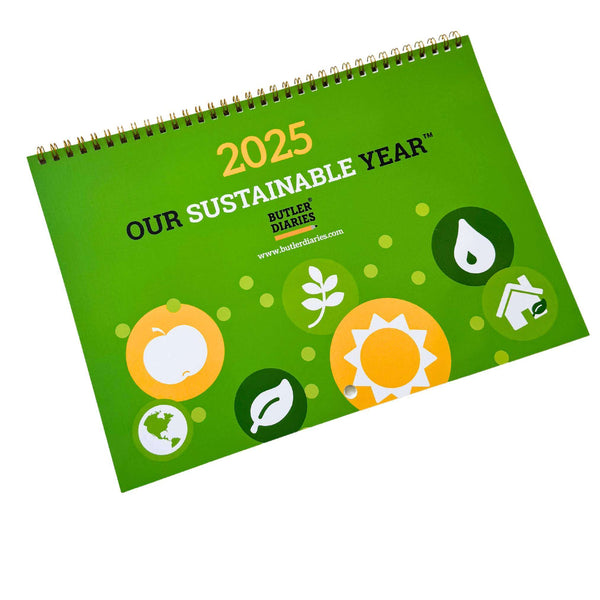Educator Programming involves assessment for children’s learning refers to the process of gathering and analysing information as evidence about what children know, can do and understand. It is part of an ongoing cycle that includes planning, documenting and evaluating children’s learning (EYLF, p. 17).
Our Butler Creative Weekly Programming and Reflection diaries offer a simple solution for achieving this. Here are some examples of the diaries in use for Programming (the first double A4 spread) and Reflection (the second double A4 spread). There is no right or wrong way for documenting your practice, as long as you are consistent and are acting on your reflection in a continuous cycle.
(These samples are from a Family Day Care setting, put could just as easily be applied to centre based services)

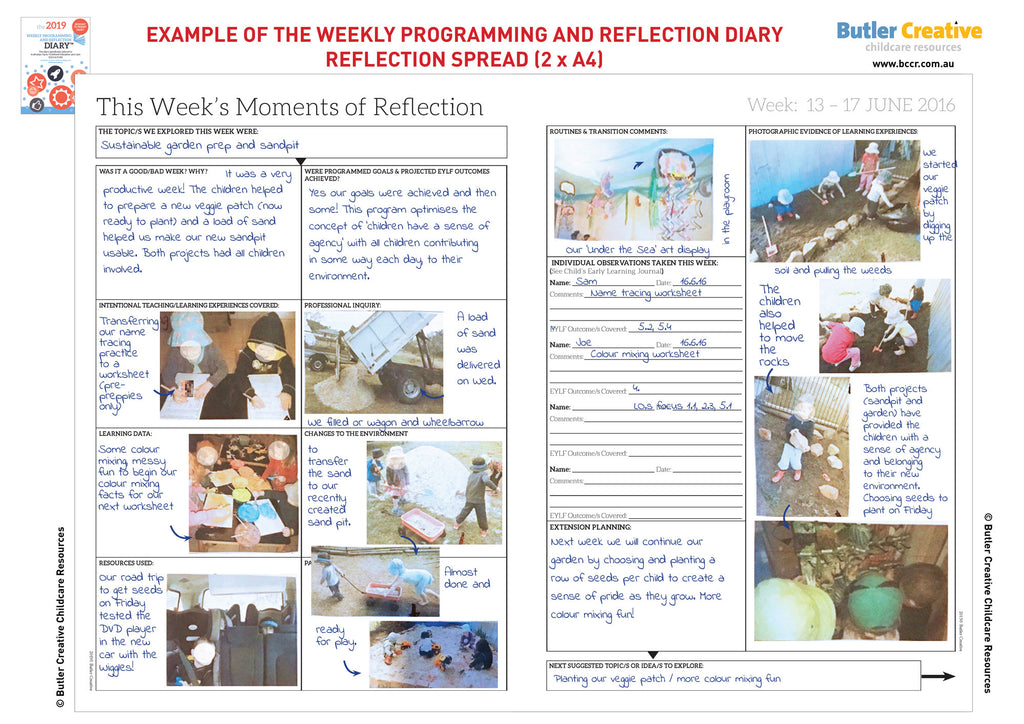
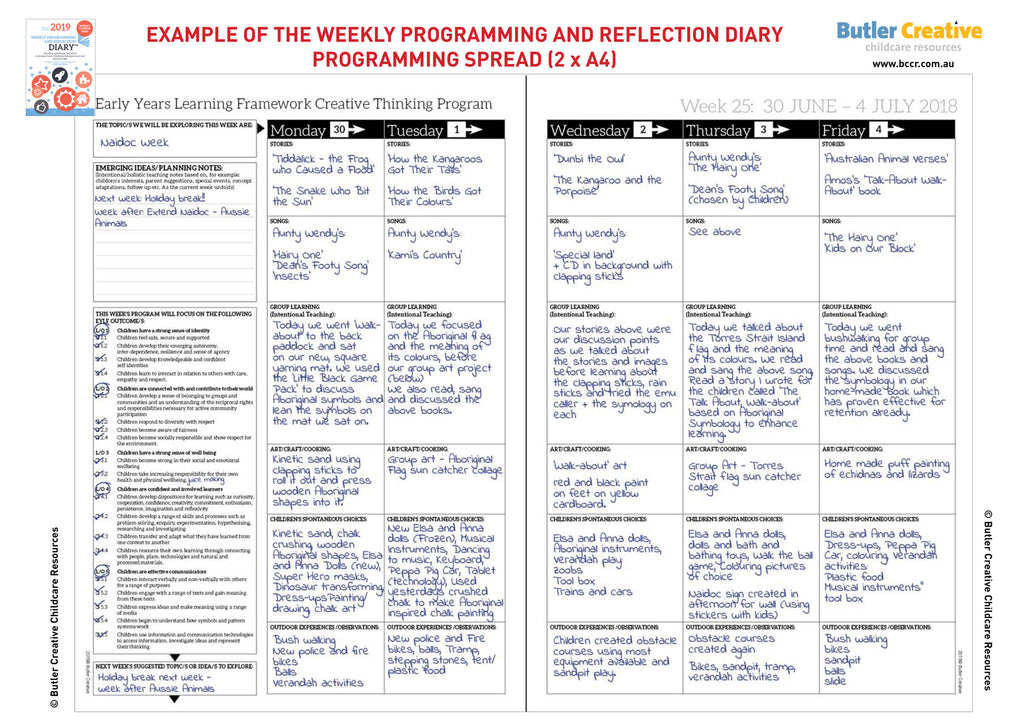



Programming for MTOP (Download the PDF)
Here is an example for OSHC










